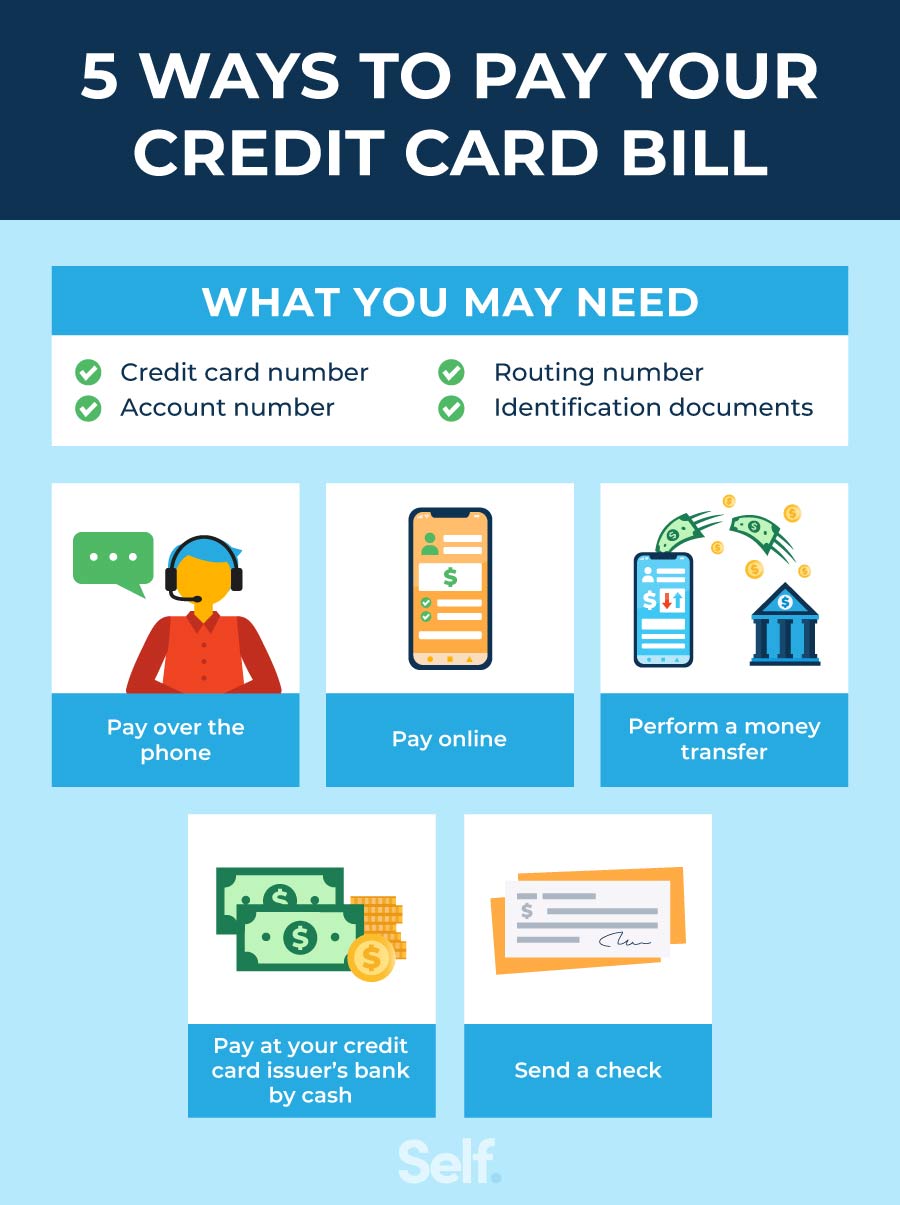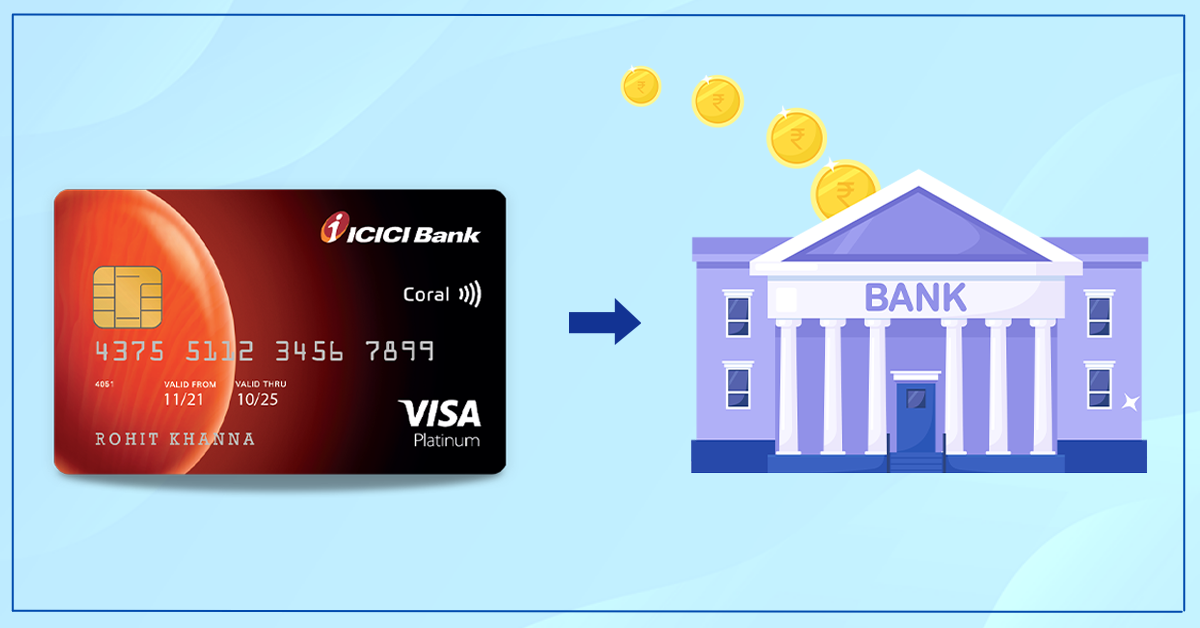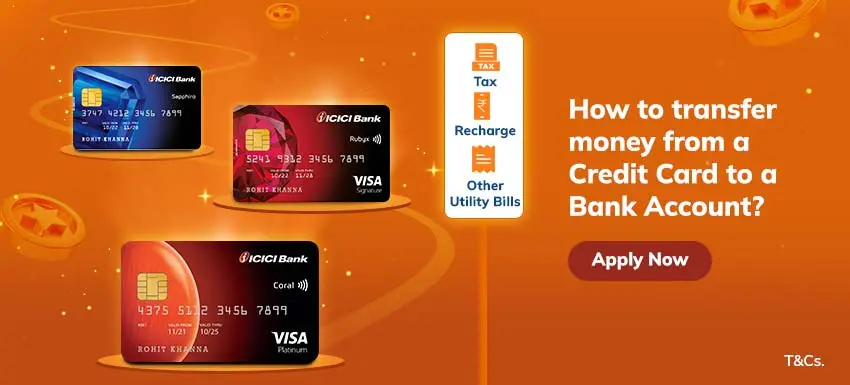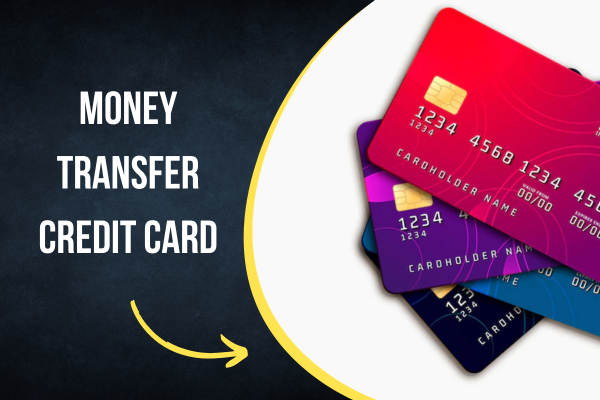Can You Use Credit Card To Send Money

The convenience of credit cards has expanded beyond traditional purchases, leading many to wonder: can you use a credit card to send money? While seemingly straightforward, the answer is nuanced and depends heavily on the specific mechanism used and the policies of the credit card issuer.
The ability to transfer funds using a credit card offers both convenience and potential pitfalls. Understanding the associated fees, interest rates, and potential impact on credit scores is crucial before initiating such a transaction.
Methods of Sending Money with Credit Cards
Several methods exist for sending money using a credit card, each with its own set of rules and associated costs. These include cash advances, money transfer apps, and direct credit card transfers offered by some issuers.
Cash Advances: A Costly Option
One of the most direct, yet often most expensive, ways to send money with a credit card is through a cash advance. A cash advance allows you to withdraw cash from your credit card's available credit line.
However, cash advances typically come with high interest rates that begin accruing immediately, often without a grace period. Furthermore, transaction fees, typically a percentage of the advance amount, are also applied.
Money Transfer Apps: Bridging the Gap
Money transfer apps like Venmo, PayPal, and Cash App can facilitate sending money using a credit card. Users can link their credit card to the app and send funds to another user's account.
While convenient, these apps generally charge fees for credit card transactions. These fees can range from 2% to 5% of the transaction amount, depending on the app and the funding source.
Direct Credit Card Transfers: A Limited Offering
Some credit card issuers offer a direct money transfer service, allowing cardholders to transfer funds directly from their credit card to a bank account. This feature is less common than cash advances or money transfer app integrations.
When available, these transfers often come with fees similar to cash advances and may also impact the cardholder's credit utilization ratio.
The Financial Implications
Using a credit card to send money can have significant financial implications. Understanding these implications is crucial for responsible credit card management.
High interest rates and fees associated with cash advances and money transfer apps can quickly accumulate, especially if the balance is not paid off quickly. This can lead to a cycle of debt and negatively impact your credit score.
Furthermore, increasing your credit utilization ratio – the amount of credit you're using compared to your total available credit – can also negatively affect your credit score. Experts recommend keeping your credit utilization below 30%.
A Word of Caution
Financial experts generally advise against using credit cards to send money unless it's an absolute emergency. Alternative options like direct bank transfers or debit card transactions are typically more cost-effective.
Before using a credit card to send money, carefully review the terms and conditions, paying close attention to fees, interest rates, and any potential impact on your credit score. Consider the long-term costs before committing to the transaction.
"Using a credit card for money transfers should be a last resort," warns Sarah Miller, a certified financial planner. "The fees and interest can quickly outweigh the convenience."
In conclusion, while technically possible to send money using a credit card through various methods, it's essential to weigh the convenience against the potentially high costs and negative impact on your financial health. Explore alternatives whenever possible and make informed decisions to protect your credit score and avoid unnecessary debt.

1.png)















![Can You Use Credit Card To Send Money [2022] Easy Trick To Transfer Credit Card Money To Bank](https://www.earticleblog.com/wp-content/uploads/2018/07/credit-card-to-bank-indian-trick.jpg)
